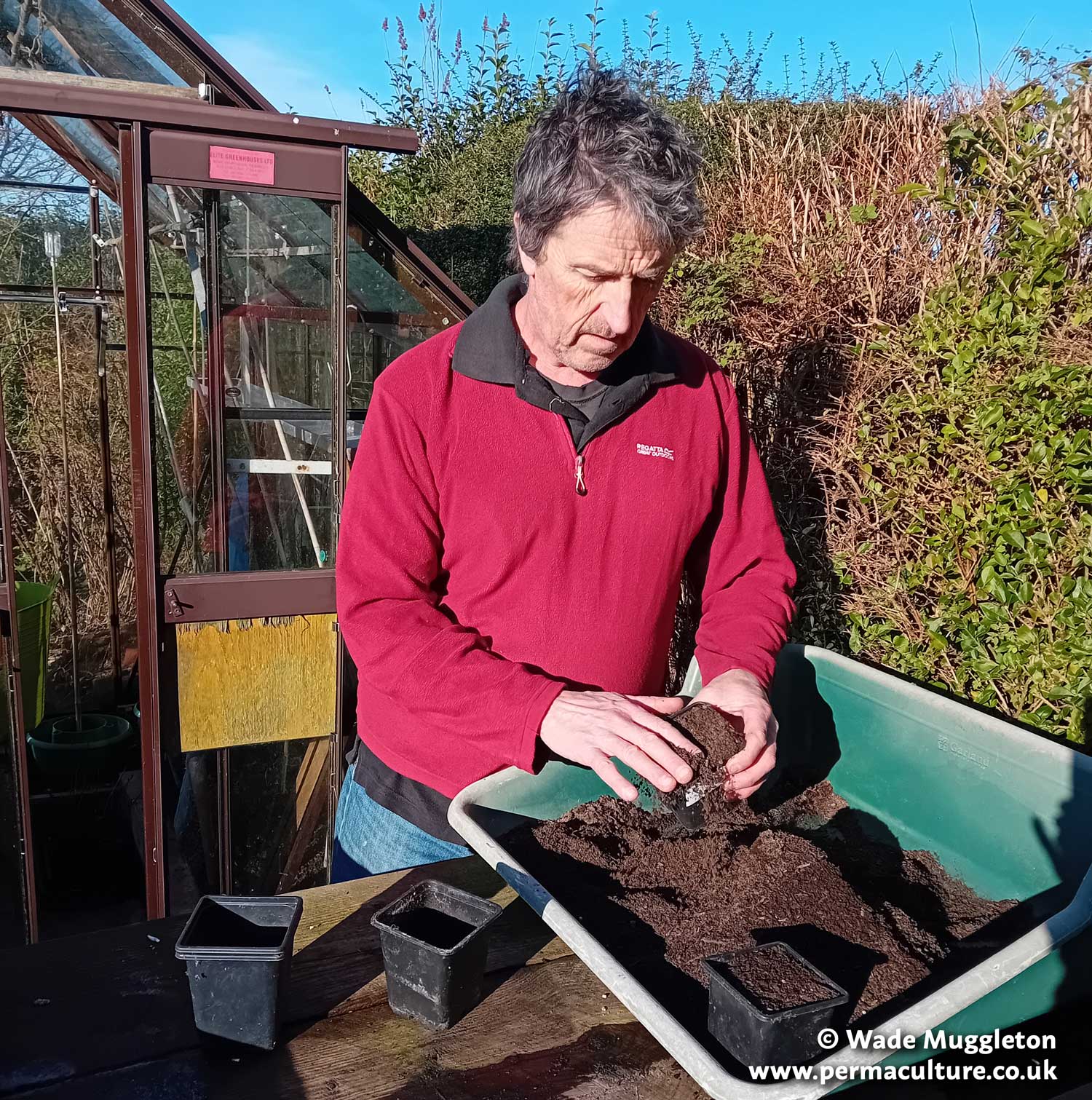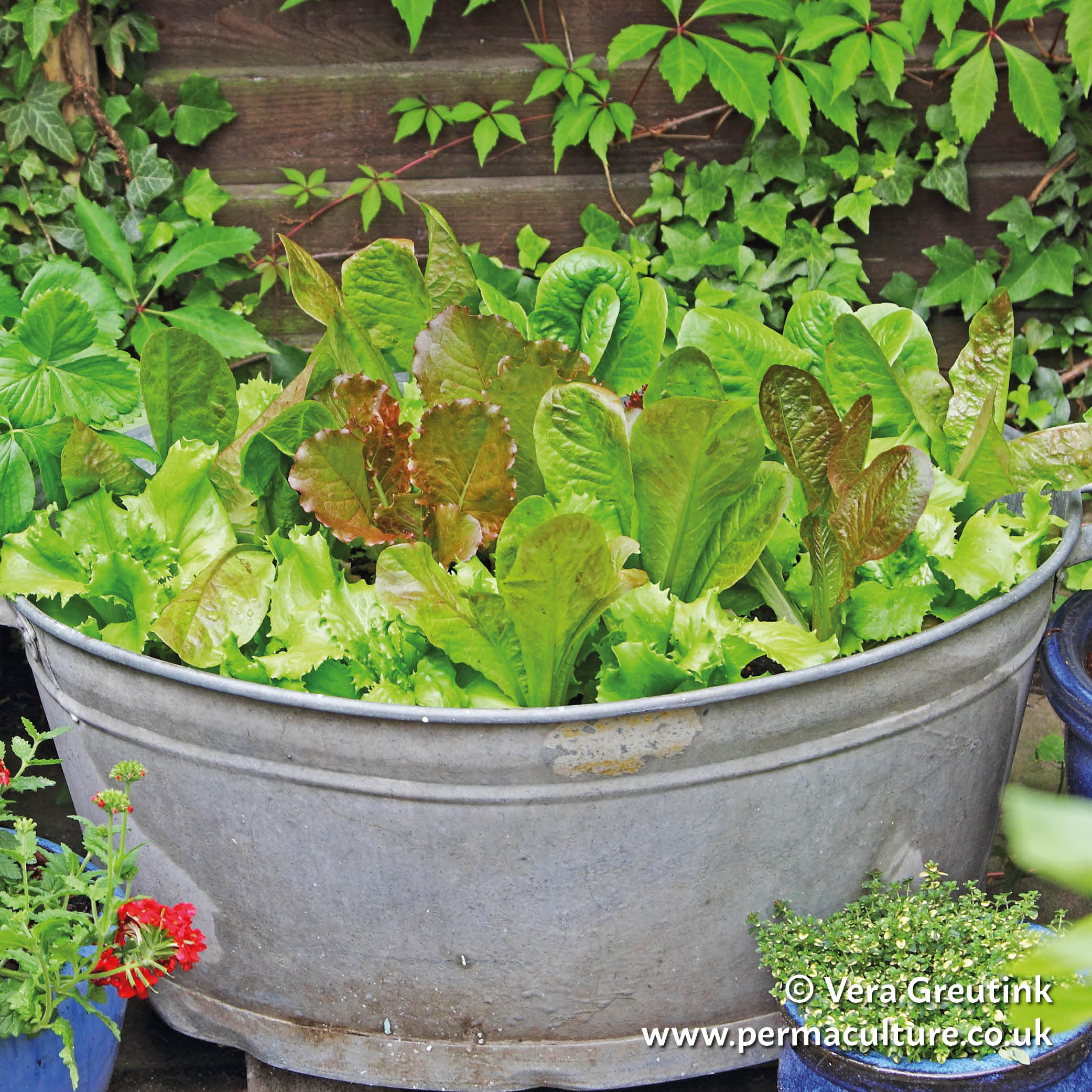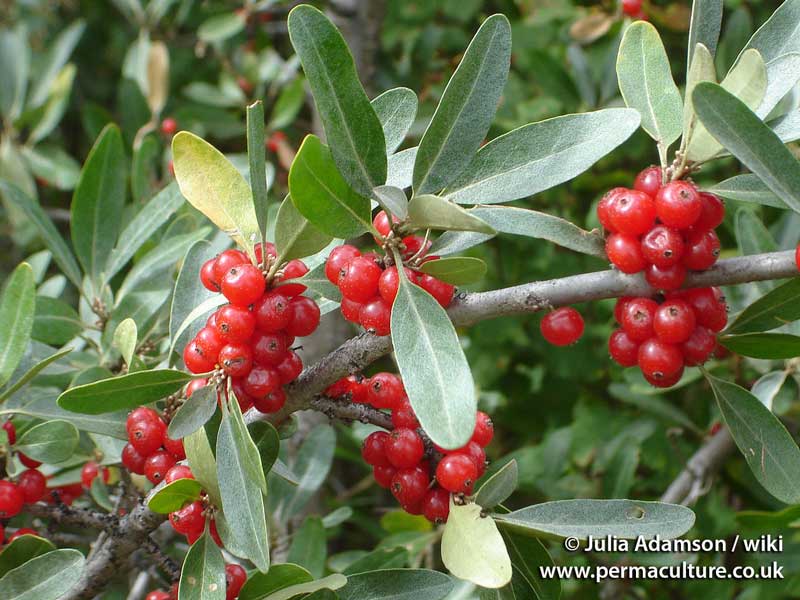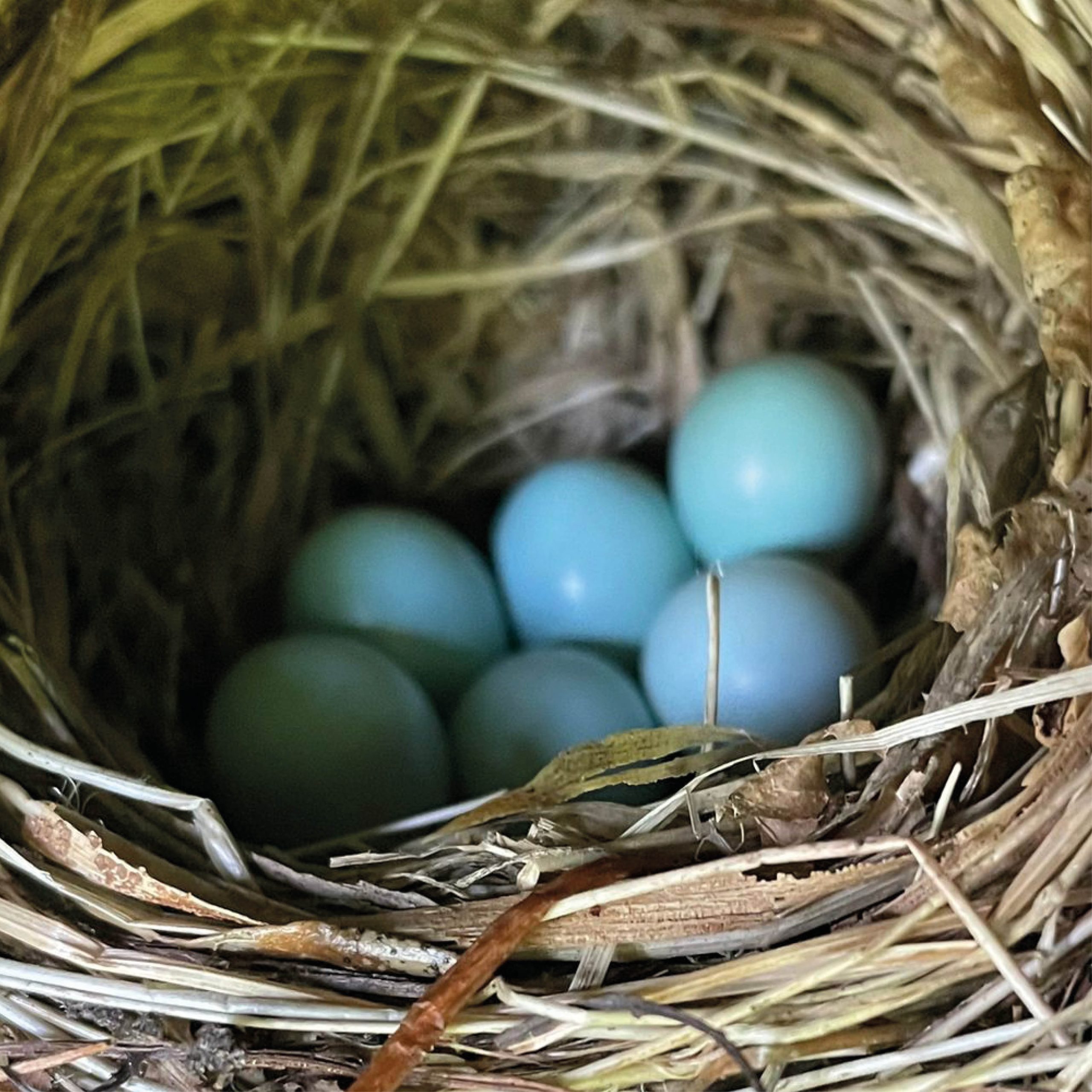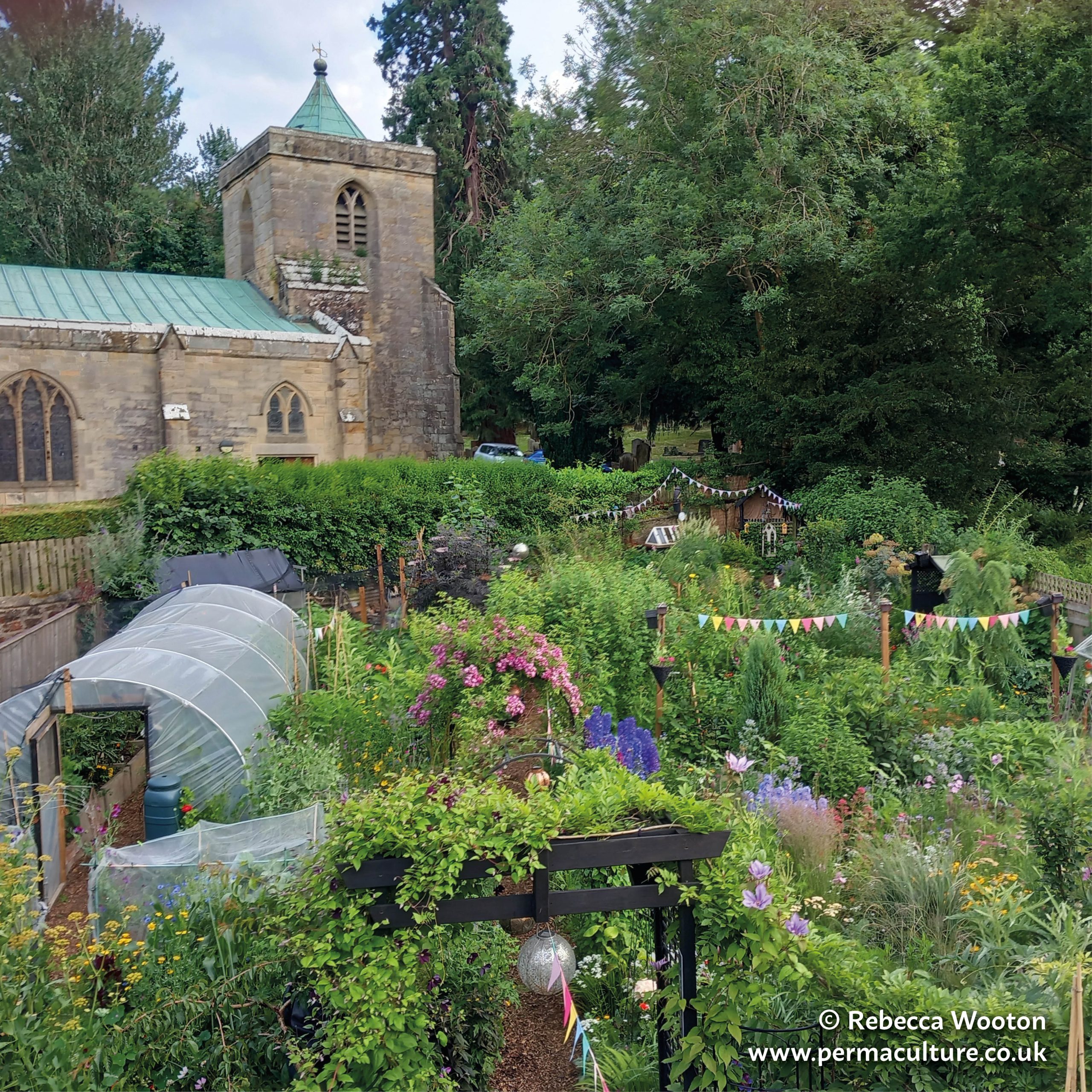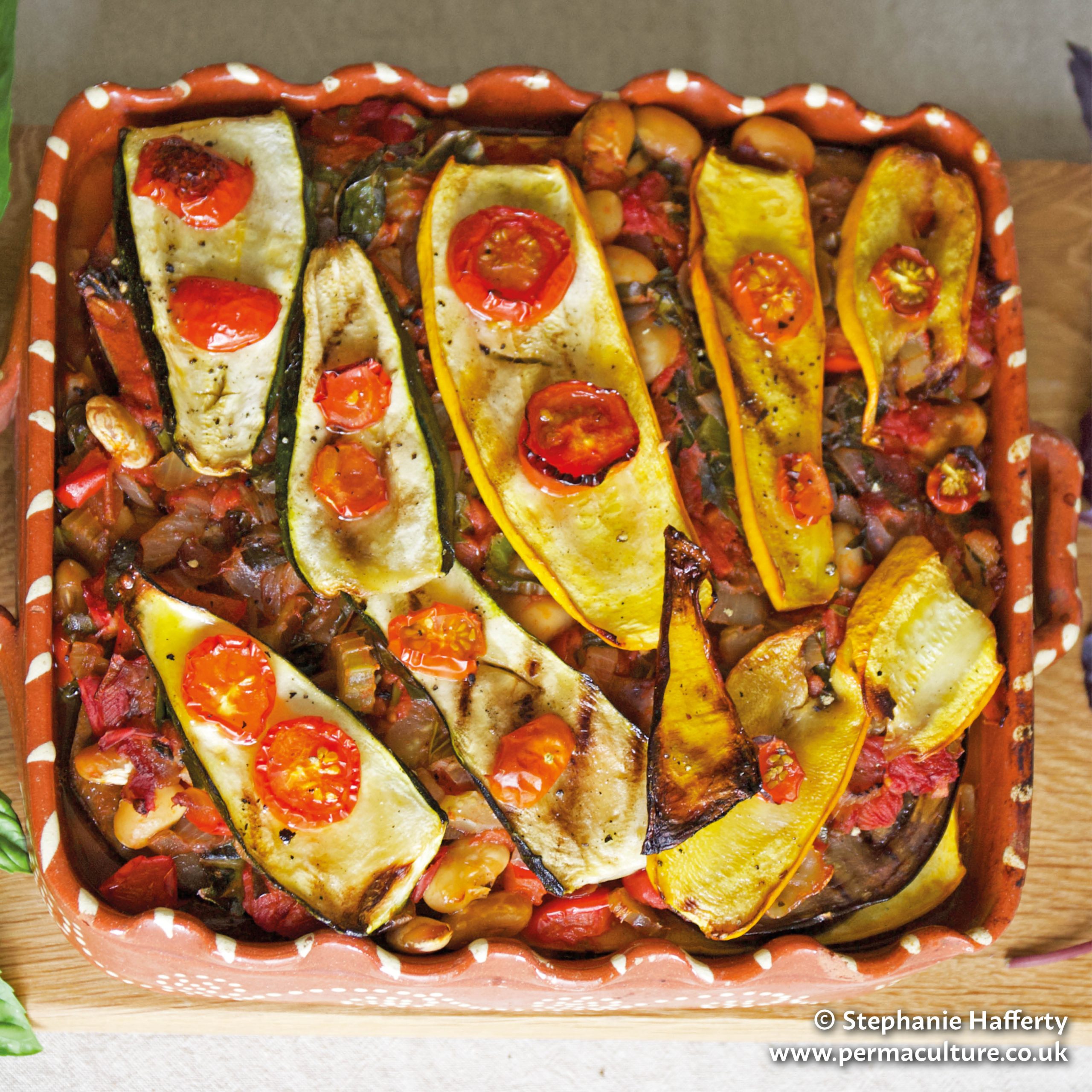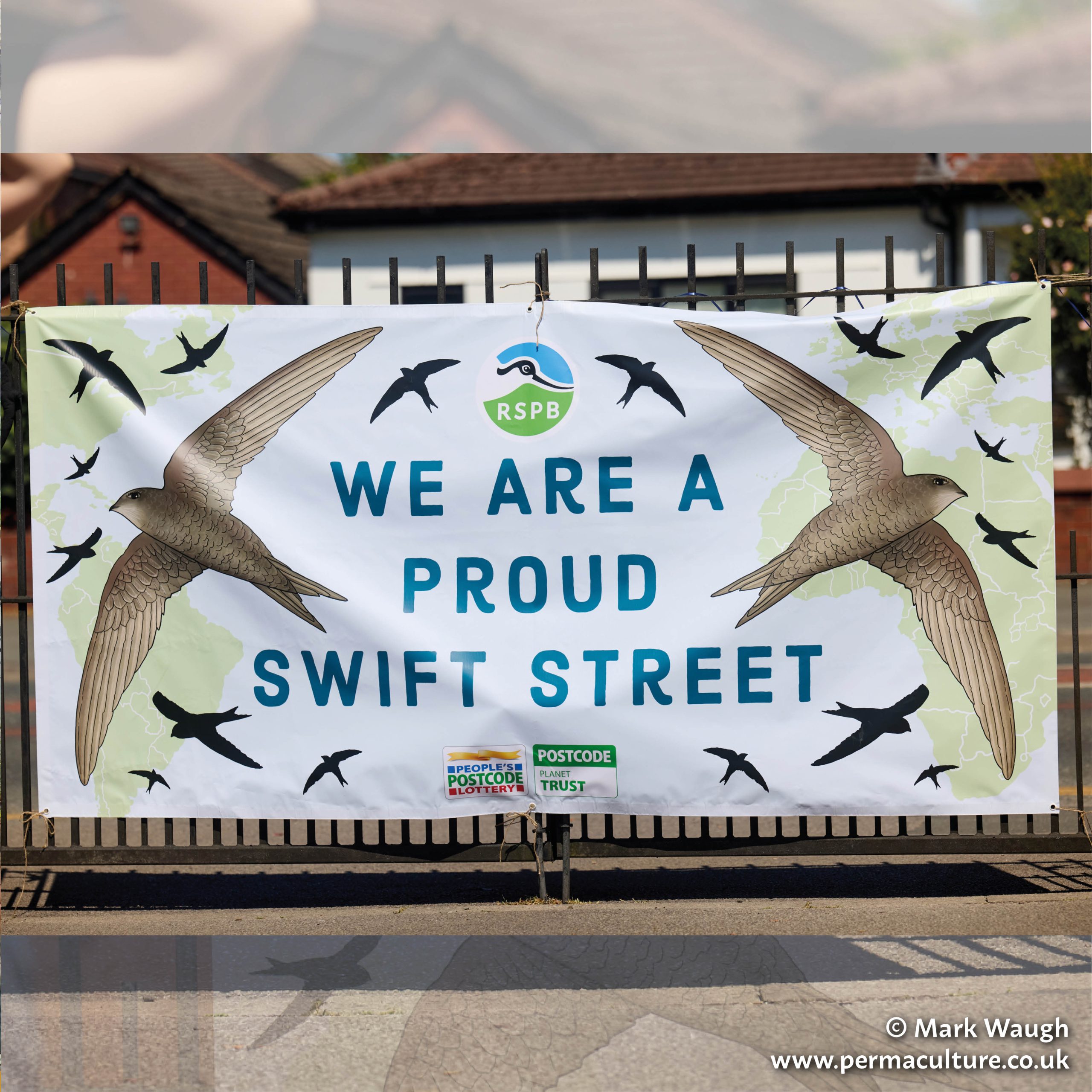We are living in a time when human systems and ecosystems need to work together and flow. This is the overarching theme of a new book, The Visionary Spirit, which is a deep and practical guide written from the lived experience of Dr Mick Collins. He shines a light on the global crisis and the urgent need for collective psycho-spiritual awakening, calling on us to reconnect with our deeper selves, live closer to our fate and draw inspiration from our daimons. The book reminds humanity to value numinous experiences, and take opportunities to live closer to the world of dreams and active imagination. Collins crafts an engaging narrative that is focused on awakening an eco-spiritual worldview, which emphasises how our species is intimately connected to the natural world, not seperate from it. The Visionary Spirit conveys a passionate message for how we can create a deep shift in collective consciousness, our values and sustainable ways of living.
A key idea expressed in The Visionary Spirit is the “Transformocene”, which Collins has conceptualised as a process of collective transformation in response to the degradation of the Anthropocene (a period during which humanity has had a profound impact upon the Earth). Collins argues that modern society has underinvested in its collective psycho-spiritual potential, which has not only led to collective dissociation, it has resulted in destructive attitudes towards one another, other species and the natural world. To counter this, The Visionary Spirit focuses on the benefits of humanity cultivating a deeper relationship to a ‘living mystery’. In short, if our species is to survive on planet Earth we need to be “alive to dreaming”, where we find inspiration and start to bring forth an eco-spiritual consciousness that is fit for the 21st century.
With a force-of-nature (but without dogmatism), Collins puts forward a robust set of propositions that challenges us to live closer to the natural world and the imaginal realm, which he believes is essential, if we are to navigate our way through a process of collective ‘spiritual emergence’ in this time of global crisis. He contends that it is possible for us to have a positive impact on (and in) nature, when we remember that we live in a web of interconnected relationships. It means that ‘waking up’ is also recognition that we belong to a world of living wholeness, where the incubation of our dreams and imaginations brings us into a transformational relationship and deeper alignment with nature (within and without). Essentially, the ecological perspective advocated by Collins is based on the emergence of an ‘eco-covenant’ between people and planet.
The 12 chapters of the book are divided into three sections: 1) The Imaginal Lineage – challenges the hyper-rational attitude found in scientism, which objectifies life and cuts us off from alternative ways of knowing. Collins points out that it is through a mythic connection to life, the sacred feminine, indigenous wisdom, the dreamtime and shamanism that we ‘come alive’ to the imaginal realm. 2) The Redemptive Quest – points to the importance of facing our personal and collective shadows, as well as connecting to our species ancestral lineage, which are all sources of deep wisdom. Our soulful contact with the imaginal realm brings us into greater connection with the daimon’s, who are essential for helping us express our full potential. 3) The Emancipatory Edge – introduces the idea of the ‘life review’, which is inspired from people’s accounts of near death experiences, who then go on to make profound life changes. This section explores how our species can explore and awaken our personal and collective potential, which leads to transformational shifts in consciousness in our ways of living.
The book defends the importance of the imaginal realm to our species flourishing, and it challenges the worldview of scientism, particularly the rationalism of Richard Dawkins et al. The Visionary Spirit shows us that we live in complex and challenging times, and yet, despite the great achievments of scientific knowledge and nous, the book contextualises the importance of alternative ways of knowing. For example, Collins speaks about the mystery of healing in placebo responses, and he also highlights the significance of dream incubation, reminding readers that many scientific breakthroughs and discoveries have come via dreams and mystical experiences. In this way, he says that we need to make room for the irrational (via dreams and synchronicities etc.), suggesting that it can complement rational ways of knowing in philosophy, science and life. Collins argues that scientism is bound up in a worldview of material reductionism, and he makes a strong case for a revived holistic science, which includes subjective experiences. For example, in the area of health and wellbeing he invites our culture to move beyond the mindset of ‘Syndrome Syndrome’, which he describes as a consequence of medicalising non-ordinary states of consciousness. It is a worldview that views pathology and mental illness everywhere. Yet, he points out that ‘dis-ease’ is also an invitation to transform, where we are encouraged to explore deeper connections to life and living.
The Visionary Spirit reminds us that engaging our human potential is also about the emergence of our ‘true character’, which is allied to working with the daimon. It reveals how inspiration and ‘genius’ comes to us when we are open to the numinous, the imaginal and dream-like experiences, and how revelations are awoken through our visionary capacities. Collins shares personal encounters of meeting his daimon. For example, he writes about a time when he was caught in a relationship conflict, and how he took part in a Native American a pipe ceremony that led to a synchronistic encounter with a kingfisher, which inspired his innerwork and eventually helped him to transform the conflict. It is through such personal examples of transformation that The Visionary Spirit is written with generosity, heart and a dedication to life. Collins interweaves his personal life challenges and transformational experiences alongside vignettes of his clients life-changing encounters, as well as myths, stories and poetry. He also draws on the wisdom of many contemporary teachers, including C.G. Jung, W.I. Thompson, Ann Baring, Arnold and Amy Mindell etc, as well as indigenous cultures, the realms of the creative imagination, dreams and nature herself.
There is no hiding from the fact that we are living in a time of ‘eco-spiritual emergency’, which underlines the importance of cultivating a deeper, creative and more intimate relationship with the Earth (of which we are a part). To awaken this potential, Collins argues that it is time to go beyond the current zeitgeist that is dominated by ‘hyper-rationality’, where our razor-sharp intellects continue to slice away the Spirit, the dreaming and the imaginal. It is aninvitation to live creatively and engage our full human potential as part of a “transformative life path”, where we meet our collective fate and manifest our shared destiny. In this way, The Visionary Spirit is a call for us to align with our deeper natures, where we become more aligned with the natural world.
The Visionary Spirit is not necessarily a quick, light or easy read, and I can well imagine that some will enjoy dipping into it over time, and some, like myself will read it cover to cover. The book combines well-thought through arguments, which some people may find challenging, because the ideas go beyond the dominant mainstream consensus. At the end of each chapter there are practical exercises and meditations, which invite us to explore, deepen and discover our own experiences connected to the material covered in the book. In summary, this is a heartfelt and engaging book, which is essential reading for the times we are living in. It is an important contribution towards collective transformation and the deep potential we are capable of fulfilling as a species.
Mark O’Connell is a Child Psychotherapist and Process Oriented Psychologist. He is the director and manager of the Apricot Centre Wellbeing Service at Huxhams Cross Farm in Devon and in East Anglia.
